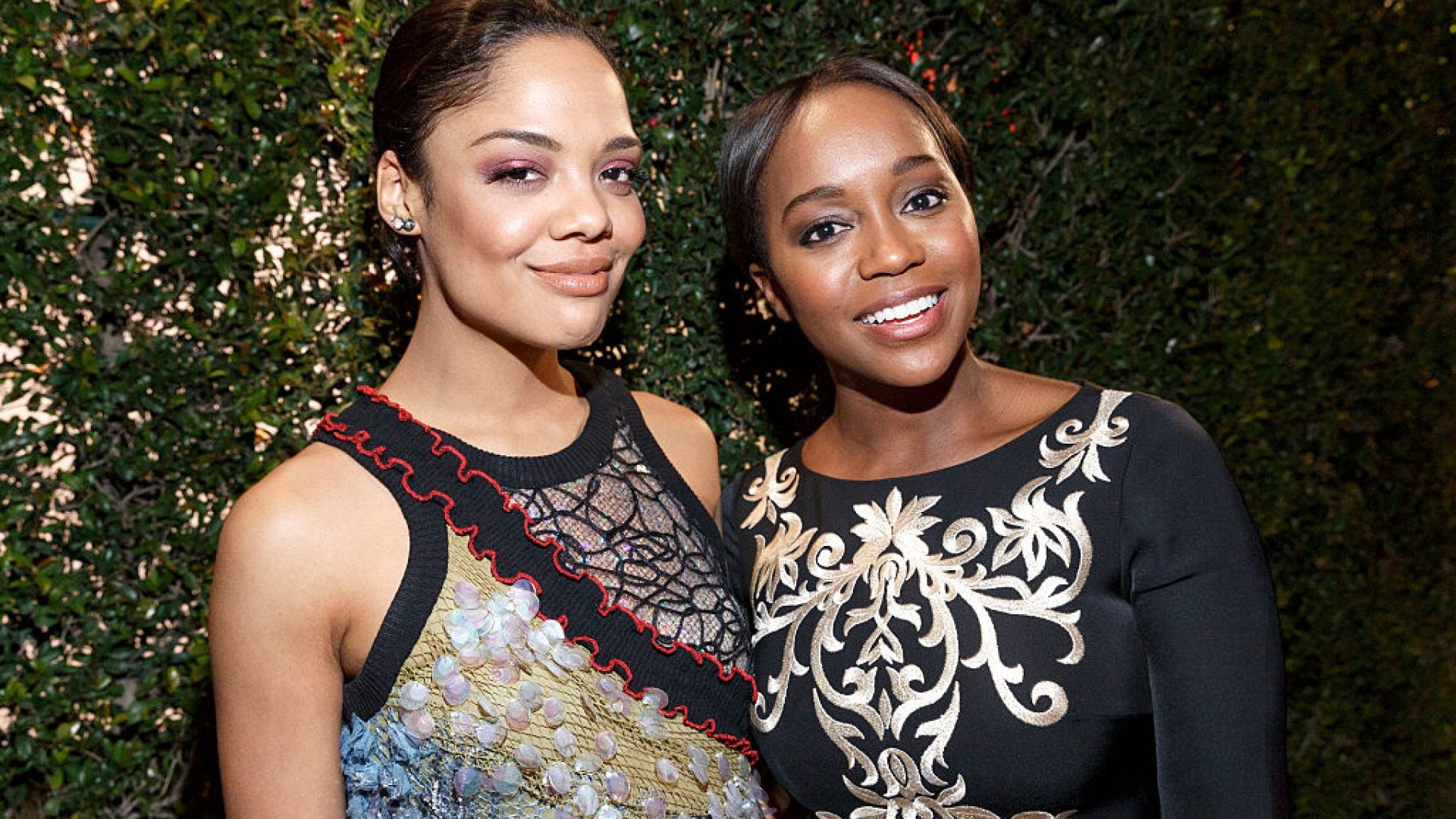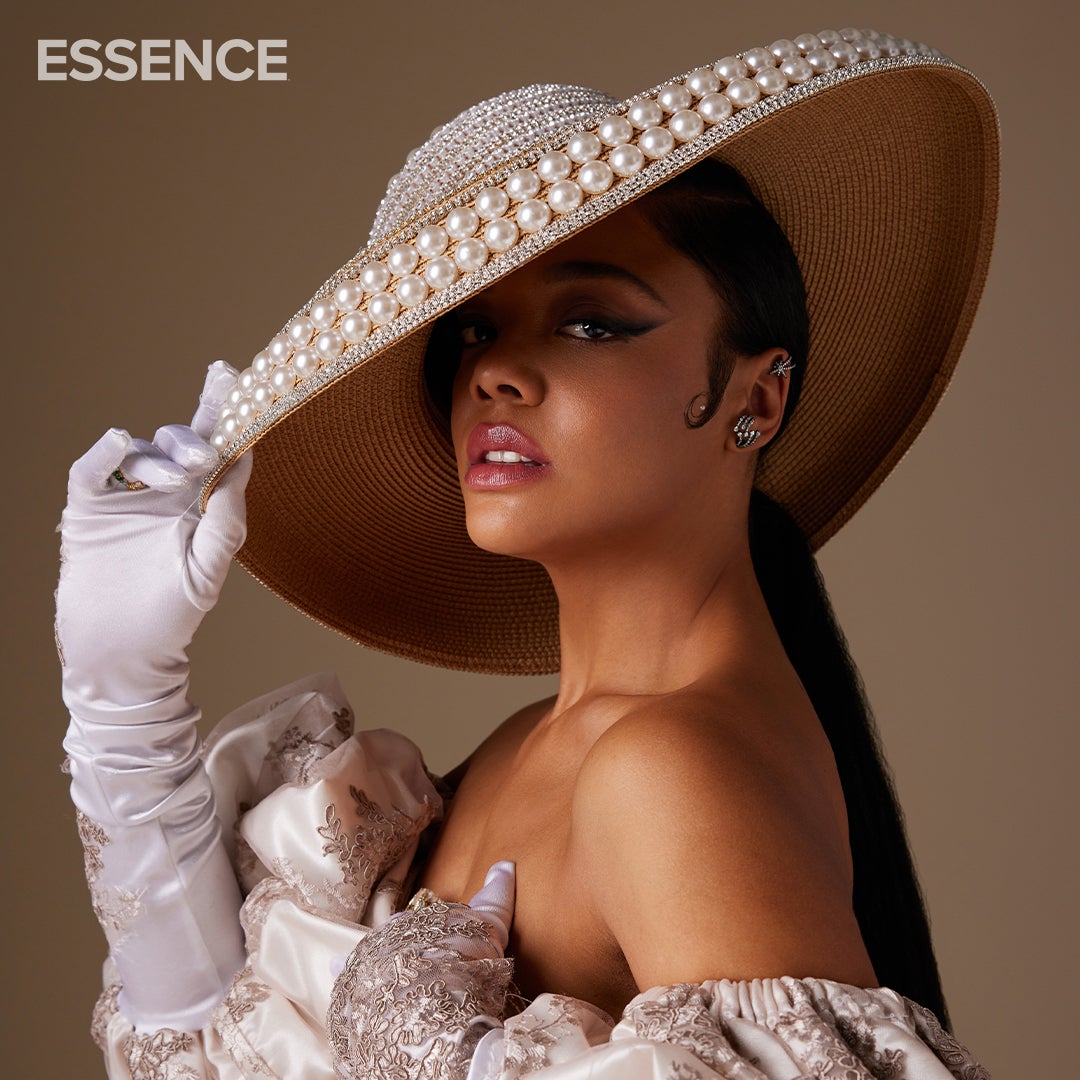
Ever since the trailer dropped for Sylvie’s Love, it’s been one of the most anticipated films of 2020. Directed by Eugene Ashe and starring an A-list cast, including Tessa Thompson, Nnamdi Asomugha, Aja Naomi King, and Eva Longoria, the film explores Black love and Black excellence — at all levels.
Tessa Thompson as Sylvie is one of the big draws of the film, and for good reason. The actress, who has left us on the edge of our seats in films such as Creed, Thor, and Westworld, brings the character to life, portraying Sylvie, a woman of many passions, but none of which seem very practical for a Black woman in the ’50s.
On this episode of ESSENCE’s Yes, Girl! Podcast, Sylvie’s Love stars Tessa Thompson and Aja Naomi King discuss representation in Hollywood, Black love, and owning a seat at the table, because quite frankly, not much has changed within the industry since the 1950s.
“I think something that is really incredible is this idea, like we see in Sylvie’s Love, that we garner our own power, that we give each other opportunity, that if we don’t have a place at the table, we build our own table,” says Thompson. “And we make sure that everyone is there with us. And that’s something that I’m finding really inspiring.”
King, who was a 2017 Black Women in Hollywood Award honoree, explains a similar sentiment in what drew her to the film. “And really for me, so much of this film is just capturing the fullness of our blackness, where the focus for once isn’t on the struggles we encounter from the outside world, but rather the struggles within ourselves,” she says. “Like when it comes to seeking out love and the pulls of that familial responsibility and then the sublime joy of releasing ourselves to be fully happy. All of that because to say that what we are, to only look at Black people through the lens of our struggle and make that the entire focus of our lives is such a one dimensional lie.”

Thompson, who not only stars in the film, but also serves as an executive producer along with Matthew Rachamkin, shares why it was important for her to expand her resume of talents. “One of the reasons I really wanted to start it is because I want to be able to produce work that I’m not inside of,” she stated. “I think it’s really important that Black women get to see themselves and all the shades and shapes and sizes. And I feel really blessed that I can provide some pocket of representation, but I’m deeply aware that there are women that look at me and cannot see themselves. And I want to be able to produce work where they can see themselves inside of the faces and bodies of other Black women. So that feels really important to me.”